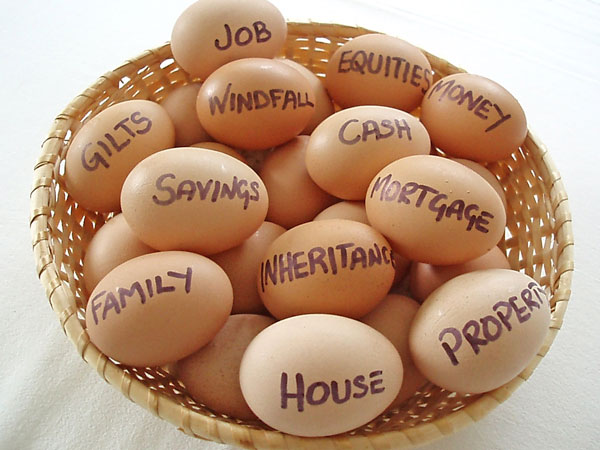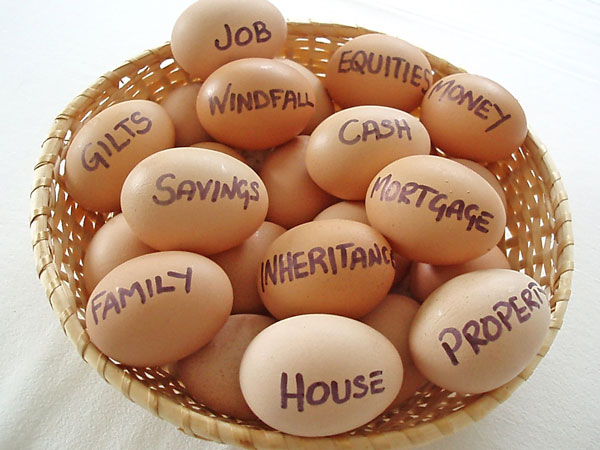The first step to managing your finances is to create a budget. The second step is sticking to it. A budget is an essential tool that will help you know exactly where your money goes. It’s easy to spend more money than you realize if you’re not keeping track. Even spending a few dollars here and few there will add up over time.
A budget will help you see where you’re wasting money so you can find ways to cut back and save. Use these tips for creating a budget to help you get and keep your finances on track.
List Your Expenses
Make a complete list of your expenses. You have to know what you owe each month before you can make a budget so add in everything you can think of. This includes everything that you spend money on, not just your bills. For example, if you give your kids $10 a week allowance, it needs to be added to the list.

It’s very easy to miss things when making a budget, so give yourself some time and don’t get upset if you miss something at first. It can take two or three months before you can account for everything you spend.
Prioritize
The next thing you need to do is put your expenses in order of importance. A good place to start is with your mortgage or rent followed by utilities, food, vehicle and any other living expenses that you have. Next, add in your everyday expenses. This includes things like lunch money, bus fare, gasoline and those miscellaneous items that may not seem important. Even if you only spend $5 a day on a cup of coffee and a snack, it needs to be added.
The next thing on the list needs to be the emergency fund to take care of those extra expenses that catch you off guard. For example, you may run over a nail and need to replace your car tire or you may need to replace your child’s glasses because they got broke accidently.
Don’t Forget the Entertainment
Don’t forget to add some money in the budget for entertainment. If you try to live on a budget where there is no room for fun, you’re going to end up breaking it before long. It can get very stressful to only work and pay bills. When you don’t allow for a little self-indulgence once in awhile, you could end up in worse shape financially than you were to begin with, if you end up going on a spending splurge.
Save Up for Expensive Items
Every now and then, you need a new TV or even a new car. Instead of going in debt for these expensive items, save up for them. Decide how much money you’re willing to spend for the new item. Then determine how much you would need to save each payday to be able to buy the item in a reasonable amount of time. Then add that money to your budget.
Cut Back Where You Can
After creating your budget, you may realize that your expenses are more than your income. When this happens, you have to look for ways to cut back. Cutting back does require that you know the difference between your wants and your needs.
Sometimes, when you get used to a certain way of life, it can be hard to cut back but if you look hard enough, you can usually find places where you can make changes. Perhaps you can lower the minutes on your phone plan or change your cable package back to the basic package. You may have to make sacrifices now to have more in the future.
Creating a budget is the best way to keep your finances on the right track so you can pay your bills, buy those luxuries that make your happy and save for the future. If you have a tendency of breaking your budget, don’t give up. As soon as you realize you’re spending more than you should, re-evaluate your finances, create a new budget and start again. Being persistent will pay off.
Creating and maintaining a household budget is an important task for proper financial planning. Lisa Mason is a mom to 5 and understands the important of financial planning and financial investment advice like that from JSK Associates.

